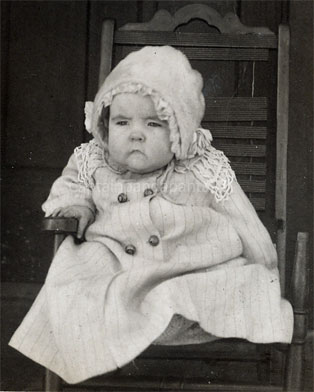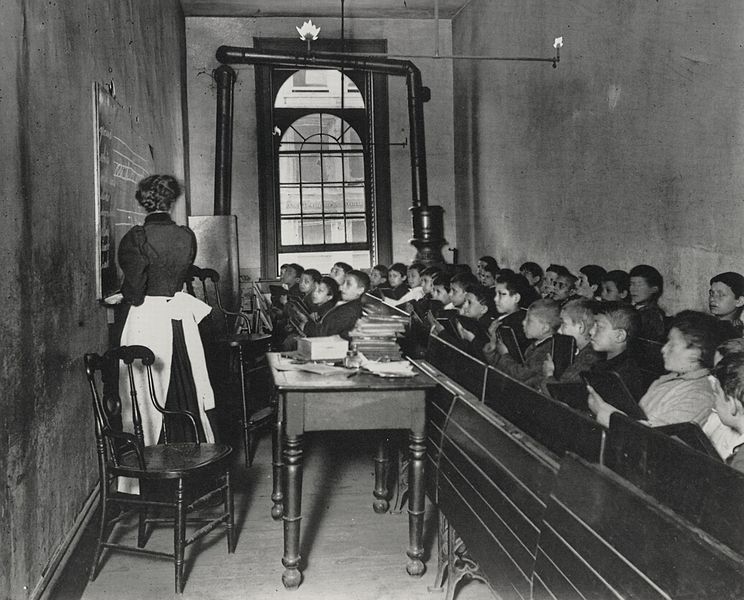At 3 Quarks Daily, Thomas Rodham Wells, that bearded philosopher, delivers a spanking to adults who imbue small children with greater value than they would others. At first blush, it seems a pedestrian argument. Little ones, still dependent, need us more, so they are prioritized. Pretty sensible. But as Wells makes clear, the cult of children informs moral decisions and perspectives in ways that may be out of proportion.
I think at the heart of issue is that we hold out hope that babies will turn out better than the rest of us did, and we’d like to enable that opportunity. Once they’ve grown and fallen into the middle of the pack like most do, that hope extinguishes. It certainly can’t just be that we like to make ourselves feel good by protecting those who are more defenseless because a lot adults, impoverished or ill, also fit that category. An excerpt:
Children are special in one particular, their extreme neediness. They have quite specific often urgent needs that only suitably motivated adults can meet, and the younger they are, the greater their neediness. That makes children’s care and protection a moral priority in any civilised society – there are lots of things that aren’t as important and should give rightly way to meeting children’s needs. As a result, children create multiple obligations upon their care-givers, as well second-order obligations on society in general, to ensure those needs are met.
Yet the fact that you should give way to an ambulance attending an emergency doesn’t mean that the person in the ambulance is more important than you; only that her needs right now are more important than you getting to work on time. Likewise, the immanence of children’s neediness should often determine how we rank the priorities of actions we want to do, such as interrupting a movie to attend to a baby’s cries. But such an action ranking is not a guide to the relative worth of children and adults, or of babies and teenagers. There will surely be times when something even more urgent occurs – such as someone having a heart-attack in front of you – that requires a baby’s cries be neglected for the moment.
II
The confusion of neediness with worth is only one source of the confusion though. The other major source is rather more blameworthy: the valorisation of psychological immaturity. For a peculiarity of the moral priority we grant to the neediness of children is that we do not apply it to equally needy adults, most obviously those whose mental and physical faculties decline in old age in a somewhat symmetrical way to the development of those faculties in children. If we only cared about neediness we would care more about, and take on more personal responsibility for, meeting the needs of the disabled in general without regard for their age.
Of course we don’t do that. We seem to place a special value on children because of their blankness, the fact that they have not thought or done anything interesting or important yet and that their identity – their relationship to themselves and to others – is still unformed. (Some abortion activists make a great deal of the innocence of foetuses, the ultimate non-achievers.) As children grow up and become more like people, with a life of their own – friends and favourite things and secrets and dreams and ideas of their own – they seem to become less valuable.
I can’t explain this bizarre phenomenon.•



